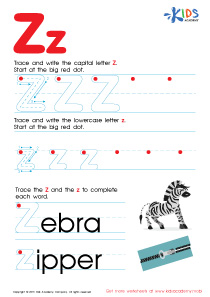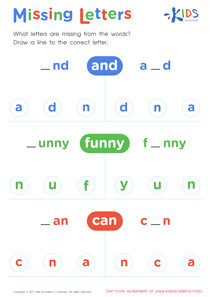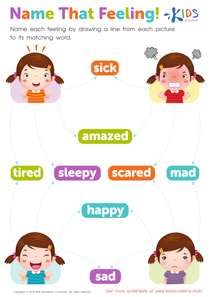Handwriting practice Extra Challenge Letter Recognition Worksheets for Ages 5-8
5 filtered results
-
From - To
Enhance your child's handwriting and letter recognition skills with our "Handwriting Practice Extra Challenge Letter Recognition Worksheets" designed specifically for ages 5-8! These engaging worksheets offer an exciting way for young learners to practice both writing letters and identifying them. Each worksheet features creative activities that promote fine motor skills and boost confidence in writing. As children trace, color, and complete letter-based challenges, they will develop their understanding of the alphabet in a fun, interactive way. Perfect for homeschooling or supplementary practice, these worksheets will make learning engaging, enjoyable, and effective. Empower your child’s literacy journey today!


Letter R Tracing Page


Letter X Tracing Page
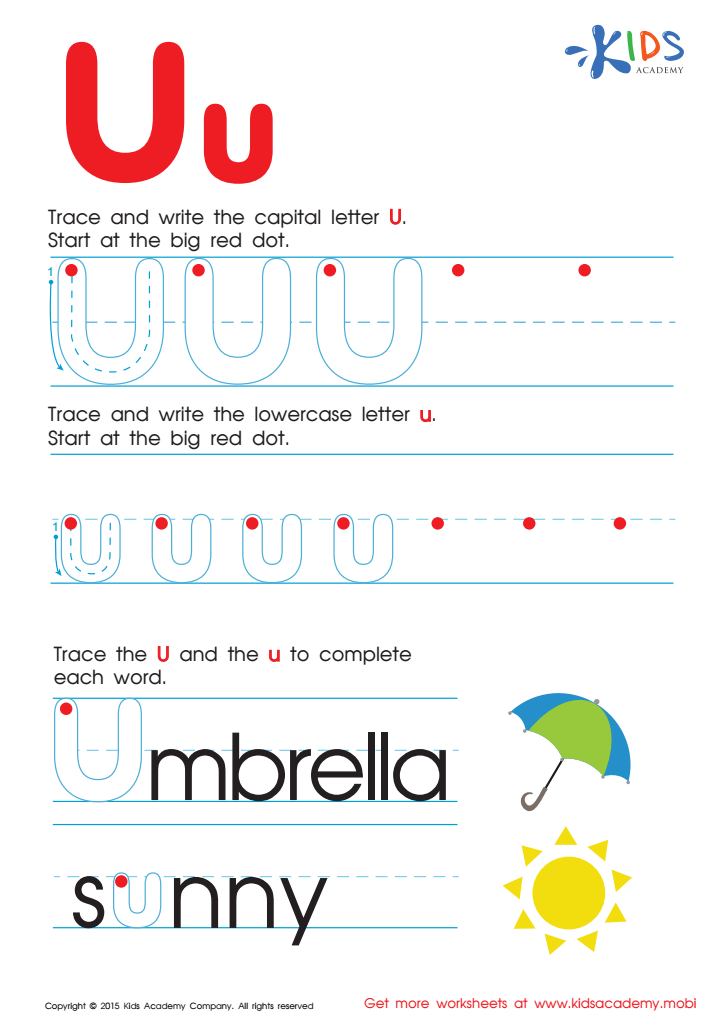

Letter U Tracing Page
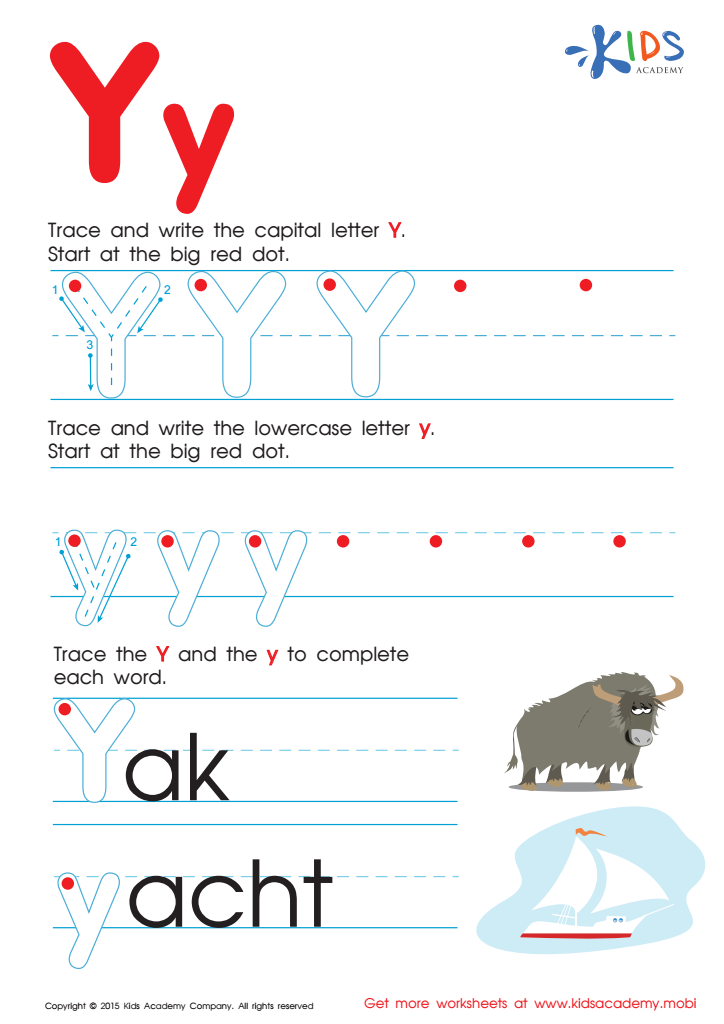

Letter Y Tracing Page
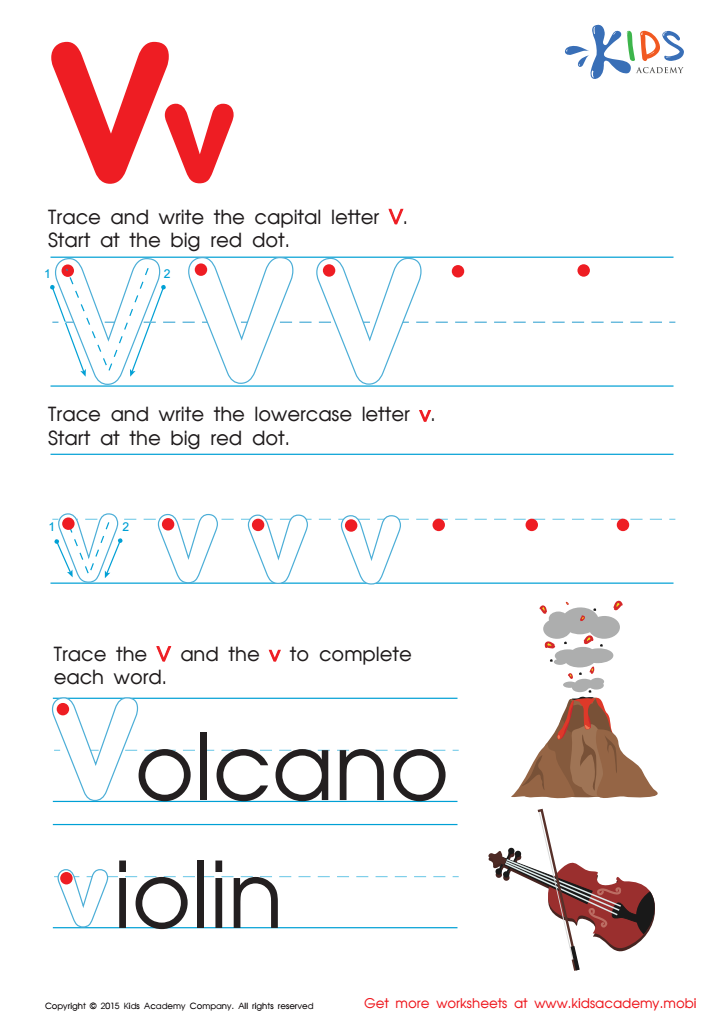

Letter V Tracing Page
Handwriting practice and letter recognition are crucial for children aged 5-8 as they significantly contribute to literacy development and overall academic success. During these formative years, children are establishing foundational skills that impact their reading and writing abilities. Fine motor skills, which are honed through consistent handwriting practice, help children develop control and coordination, essential for tasks beyond writing, such as using scissors or buttoning clothes.
Extra challenge letter recognition activities can enhance cognitive abilities by promoting pattern recognition and memory skills, essential elements of reading and writing. As children practice identifying and writing letters, they gain confidence in their abilities, fostering a positive attitude toward learning. Improved handwriting is not only about legibility but also about encouraging self-expression; young learners start to convey their thoughts and feelings more clearly.
Additionally, strong handwriting and letter recognition skills can lead to better academic performance. Children who struggle in these areas may experience difficulties in keeping up with peers, potentially hindering their enthusiasm for learning. By prioritizing handwriting and letter recognition, parents and teachers can lay the groundwork for improved literacy, creativity, and self-esteem, ultimately supporting children on their educational journey and preparing them for future academic challenges.
 Assign to My Students
Assign to My Students









